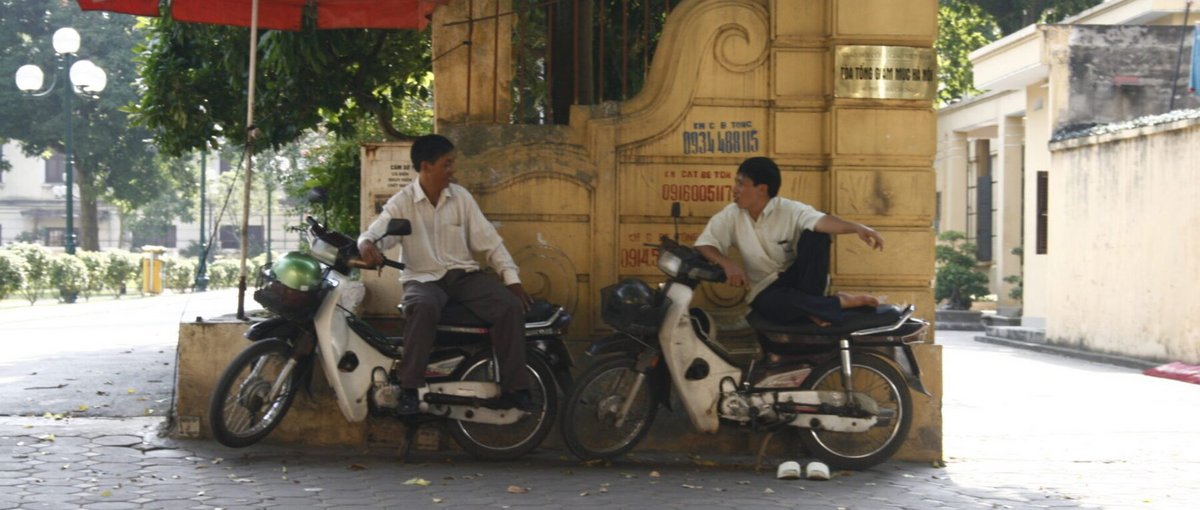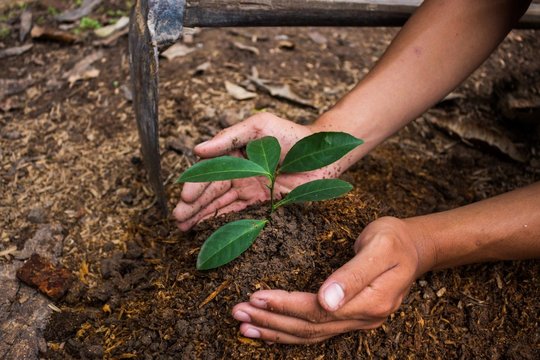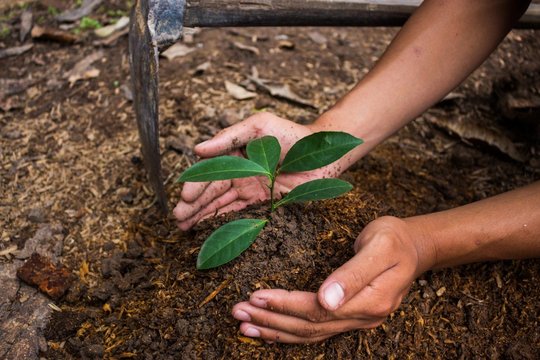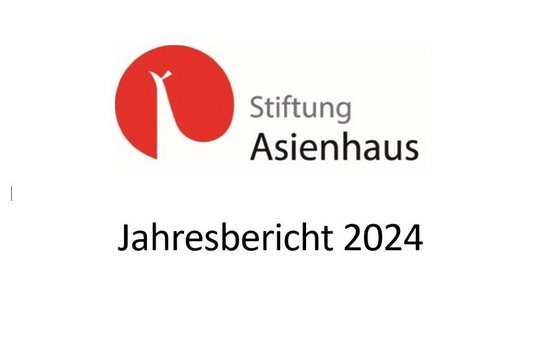Masculinities and democratization
As in other parts of the world, ideas and ideals of masculinity in Southeast Asia are in a state of flux due to socio-cultural, political and economic changes. At the same time, these social processes are influenced by traditional ideas and expectations of masculinity.
These ideas of family, community and what it means to be male, female or diverse are being challenged. Increasing gender equality, the empowerment of women, rapid technological change, urbanization, migration and globalization and, at the same time, the rise of neo-traditionalist and socially conservative religious movements - all of this forms a complex field of tension in which individual and social gender roles are being redefined and lived.
Both processes of democratization and growing authoritarianism are influenced by concepts of masculinities. The ongoing intertwining of state power and the military in many Southeast Asian countries, the attraction of authoritarian masculinity in politics and ongoing armed conflicts testify to the persistence of militarized masculinities. In order to develop peaceful societies, transform and resolve conflicts and combat gender-based violence, notions of militarized and violent masculinities must also be overcome.
This issue of südostasien magazine will examine these processes. We invite contributions from across Southeast Asia that examine the situation of men and concepts of masculinities in the past and present and open up spaces for action for the future.
- How are ideals of masculinity, different gender roles and expectations changing in families and communities?
- What impact does gender equality have on men and ideas of masculinity? Is there patriarchal resistance to greater equality and/or new forms of masculinity?
- Where and in what forms are militaristic masculine role models still visible?
- What ideals and roles of masculinity are mobilized in pro-democracy groups, civil society and social movements?
- What role do traditional and social media play in the popularization of certain ideals of masculinity?
- How does the increasing visibility and strengthening of the LGBTIQ* community and their rights in the region (e.g. legalization of gay marriage in Thailand, first Gay Prides in Timor-Leste) affect traditional notions of masculinity?
We are happy to receive articles in various formats: Portraits of protagonists, commentaries, reports, background reports, analyses, interviews, photo essays and reviews of films, music or books. We are looking for contributions that deal with individual aspects mentioned above (or individual countries in Southeast Asia) as well as overview articles on structural issues and contexts (and the region as a whole). Innovative approaches and surprising perspectives are particularly welcome.
This issue is published in cooperation with the Heinrich Böll Foundation, which will publish a parallel issue on “Masculinities and Democratization in Asia” in the form of a dossier on its website.
Laura Faludi, Henri Myrttinen, Du Pham, Monika Schlicher
The editorial team of the issue Masculinities and Democratization
Deadline
Deadline for articles (max. 10,000 characters including spaces) is 1. September 2025 (in individual cases and after consultation with the editors, a later deadline may be possible). Please submit a short abstract (max. 1,000 characters) to the editorial board in advance. We look forward to your ideas!
Contact the editorial team:
masculinities@suedostasien.net









